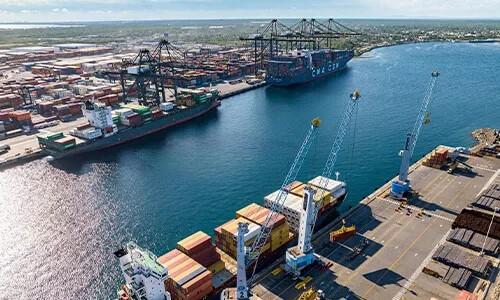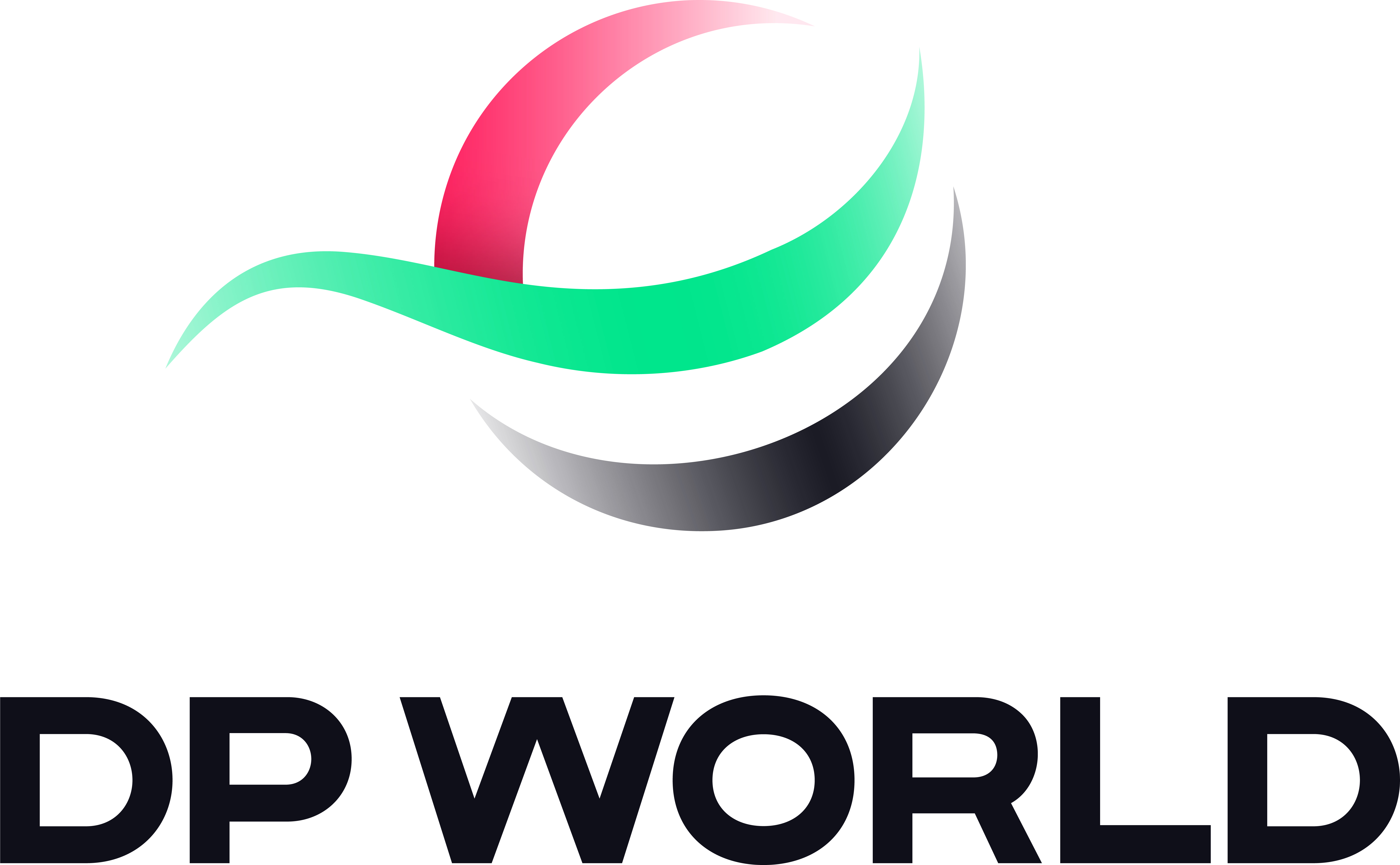Navigating Uncharted Waters: How DP World and Mondelēz International Reinvented Caribbean Supply Chains Amidst Global Disruptions
When COVID-19 lead to unprecedented challenges in shipping, a U.S. supplier of snack foods to the Caribbean decided to switch to nearshoring, transforming obstacles into opportunities for resilience, sustainability, and efficiency in the Caribbean.

In the wake of Covid-19's unprecedented impact on global supply chains, Mondelēz International faced a daunting challenge: how to continue supplying snack foods to the Caribbean amidst shipping bans and a worldwide container shortage. The crisis, spurred by national lockdowns and halted manufacturing, left industries scrambling as 75% of the world’s supply-chain companies encountered transportation woes. The Caribbean, relying heavily on imports, saw grocery shelves and café offerings dwindle, threatening both local livelihoods and community well-being.
To overcome these challenges, Mondelēz pivoted to a nearshoring model dubbed “Project Near,” which enabled the company to source products directly from Mexico, Peru, and the U.K. to the Dominican Republic—a hub unaffected by shipping restrictions. DP World played a crucial role in helping the company navigate these challenges by facilitating a strategic partnership that enabled the nearshoring model.
As a global logistics giant, DP World provided an integrated ecosystem of services, infrastructure, and technologies specifically designed to facilitate global trade and logistics. This ecosystem was instrumental in creating a new distribution pathway for Mondelēz, enabling the company to maintain supply chain integrity and business continuity despite the broader disruptions caused by the pandemic. This strategic shift not only stabilized distribution, but also marked a significant turn towards more resilient and efficient supply chain practices.
With the support of DP World, the transition to nearshoring took a mere six and a half months from concept to execution. DP World’s integrated ecosystem provided a seamless network of services, ensuring Mondelēz could maintain supply-chain integrity despite the global disruptions. The choice of the Dominican Republic as a central hub was no coincidence; its strategic location and robust trade infrastructure made it an ideal conduit for Mondelēz’s distribution across the Caribbean.
This narrative isn't just about overcoming a temporary crisis; it's a testament to the broader advantages of nearshoring. The model has not only enhanced Mondelēz's distribution efficiency but also opened avenues for expansion into new markets. Remarkably, it has also led to a reduction in CO2 emissions by as much as 120,000 kilograms annually, showcasing the potential for nearshoring to contribute to more sustainable trade practices.
But is nearshoring the future of international trade, especially in a world seeking to balance economic resilience with sustainability? While it offers a promising avenue, its viability and predominance will depend on a confluence of factors: the continuing emphasis on sustainability, advancements in logistics technology, and the economic dynamics of potential nearshore destinations.
To dive deeper into how Mondelēz International navigated the complexities of supply chain disruptions and embraced nearshoring as a pathway to resilience and sustainability, read the full article in the Wall Street Journal. It offers valuable insights into the strategic decisions that are shaping the future of global trade, emphasizing the importance of agility, sustainability, and collaboration in today’s interconnected world.
Learn more: RECONNECTING THE FOOD CHAIN IN THE CARIBBEAN
###

